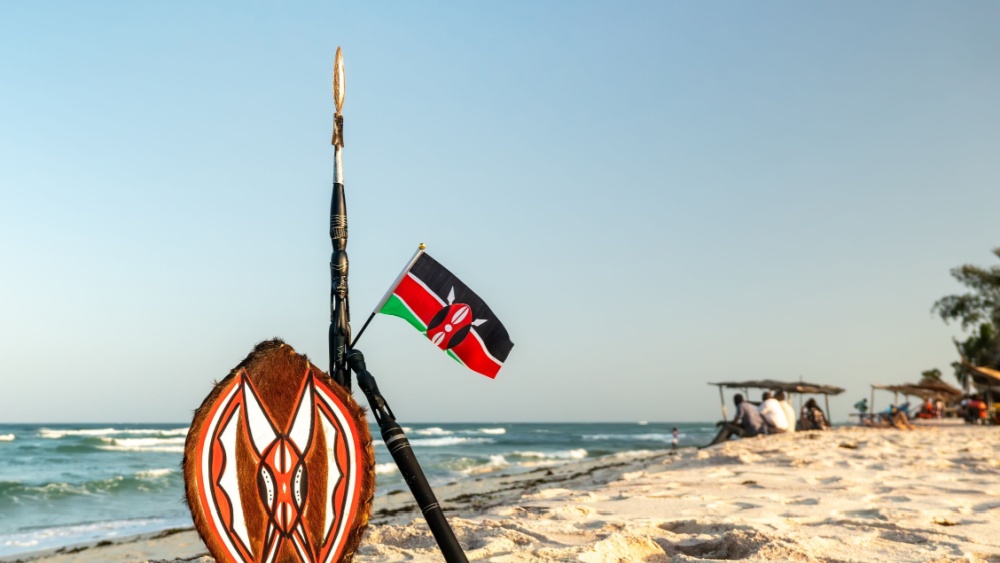Significant changes are on the horizon in Kenya, as the country’s National Parliament has approved a cut in excise duty on bets from 15% to 5%.
It’s a move that may well provide significant relief to players in the market, following the steady increasing of the tax since 2021.
The changes come as part of the country’s 2025 Finance Bill and the amendments now just require the approval of Kenya’s President, William Ruto.
Under the proposed framework, when the duty is paid has also changed in a bid to improve tax enforcement, especially amongst foreign and virtual operators.
The tax will now be paid when a player transfers funds from their mobile money wallet to a betting account. Previously, the levy was applied at the point of wagering.
On the rationale behind the change, MP Kimani Kuria, Chairman of the Finance Committee, stated: “We are changing to make excise duty payable when you transfer money from your mobile wallet to the betting company wallet.
“There are so many entities operating virtually, some outside the country, from which we are not able to get the excise duty from them. This now means that every time a Kenyan transfers money from their mobile wallet to the wallet of the betting company, then that’s the time the excise duty is paid.”
As well as changing the financial burden on players, betting operators will now be mandated to withhold 20% of winnings and pay a 15% tax on gross gaming revenue, less the amount paid by players on winnings.
The decision to cut excise duty for players marks a significant u-turn on the Kenyan Government’s previous attitude to the tax. The duty was initially set at 7.5% in July 2021 before increasing to 12.5% in July 2023 and 15% in December 2024.
According to reports, between July 2024 and March 2025, the Kenya Revenue Authority collected Sh9.97bn (£56.6m) in excise duty, an increase of 24% from the previous review period. However, withholding tax on winnings decreased by 15% during the same period, falling to Sh4.81bn.
Kenya continues to stand out as a market with large betting engagement, as a recent GeoPoll revealed that gambling activity across Africa is spiking at a rapid rate.
The report detailed that 82.81% of its respondents in Kenya had engaged with gambling products previously. This number was closely followed by South Africa, where 73% of individuals had engaged in gambling activity.
Although a decrease in tax for players may be seen as a way to boost betting engagement, Kenya’s Betting Control and Licensing Board (BCLB) has pushed to increase restrictions on how operators advertise their platforms.
Following a 30-day ad blackout implemented on 29 April, the BCLB published an extensive list of rules that operators must follow, including refraining from using celebrities, influencers and content creators to endorse or promote gambling.














